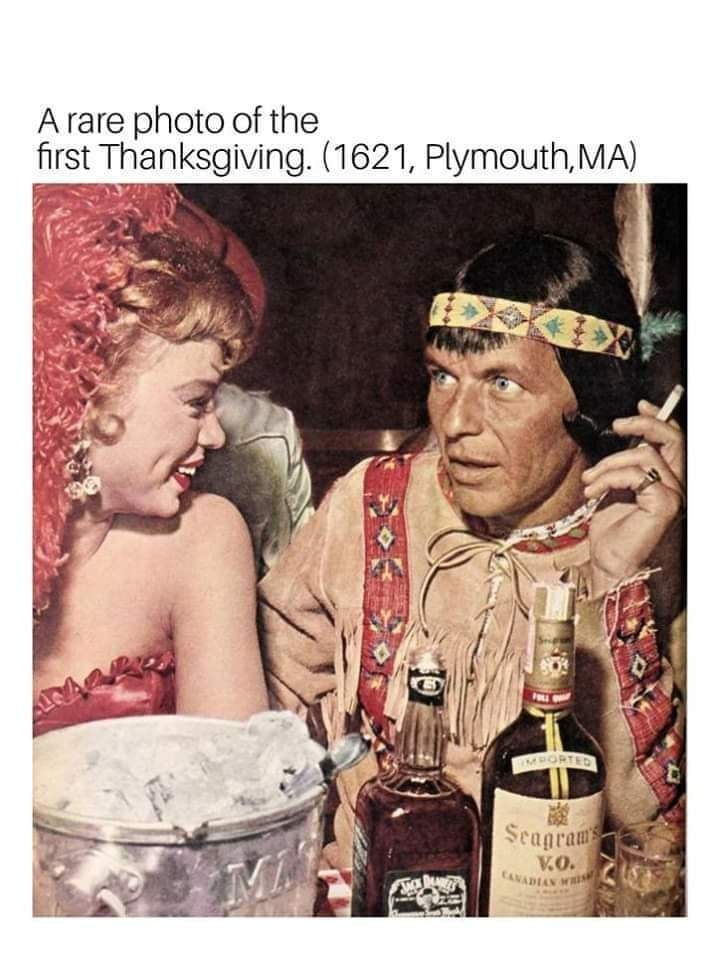The Beginning of the End for Classic Rock
- L. Roy Aiken

- Feb 18, 2024
- 3 min read
Updated: May 30, 2024
Death to Nostalgia, Part 1
I’ve spoken often enough about the rapid decline in enthusiasm for celebrating U.S. patriotic holidays and military anniversaries. Every year since the election was stolen in 2020 the fade has accelerated. Even my wife packed up all our red-white-and-blue celebratory décor to be put into the trash. No one’s feeling particularly outraged or even sad. We’re past that, now. It simply feels weird keeping it around.
But it get weirder. A particular pop culture milestone anniversary happened this year and was almost entirely ignored by the media. Do you know?
Imagine a mass-media event that proved so inspirational and influential as to sell out guitars at guitar shops all across the United States the very next day. Imagine a mass-media event that changed popular music and fashion overnight, an event that energized and defined an entire decade. In a couple of years hair and clothing were entirely different, and musical acts were expected to write their own songs if they were to be taken seriously as artists. The wild notion that musical acts could even be artists originated with the appearance of a certain English guitar pop act on a popular Sunday night variety show 60 years ago on 9 February 1964.
The Beatles’ two performances on The Ed Sullivan Show that night literally changed the culture. Its anniversaries have been commemorated throughout the decades. You’d think the 60th anniversary would rate multiple television specials with all the elderly pop stars talking of how they knew what they wanted to do with their lives when, as children, they first saw The Beatles on Ed Sullivan. Not this year.
So why not? My best guess is the media wanted to keep their audience focused on the Super Bowl. The Beatles’ anniversary landed on the Friday before Super Bowl Sunday, and as the powers that be wanted to restore the Super Bowl’s cultural relevance to what’s left of the culture (which they did, bless them), no distractions were permitted. Especially one so big, so English, so White and classic as The Beatles.
With the irrelevance of broadcast television, with so many choices in programming, it makes sense not to bother people with the notion they can come together over something other than a scripted and fixed sports championship. Who would believe it? All that happy energy inspiring White youth—the United States was 90% White at the time—to learn and play music! It’s somebody else’s heartwarming movie and those people don’t live here anymore.
Make no mistake, this is historic in its way. We witnessing the slow fade of The Beatles as a brand. I had wondered when this would happen. Now we know. It was 2024, on the 60th anniversary of their first appearance on The Ed Sullivan Show.
Those who have always hated The Beatles for whatever reason should be aware that The Rolling Stones and The Who, and whoever else you like, will follow them into irrelevance. The Beatles brought everyone with them coming in. They’ll take everyone just as quickly on their way out.
Ah, but we’ll always have the great hip-hop stars of yesterday. Maybe some country. As for good old fashioned pop-rock, the two-minute warning has sounded. The demographic that listens to classic rock has been dying off for a while now. If there’s a classic rock streaming station by 204o it’s going to be as niche as classical music is now.
The good times have long since been over. There is nothing to look forward to beyond Jesus’ return. I wish I had better news, but this world, and what passes for a culture in it, is finished.






Comments